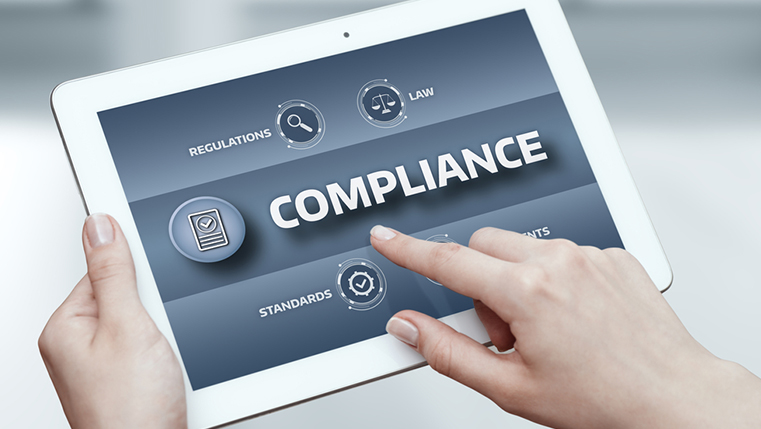E-learning: Helping Medical Device Manufacturers Comply With Law

The medical equipment manufacturing industry is arguably the most regulated sector in the American economy. Companies in this sector are often penalized by regulatory authorities for violating applicable rules. In 2014 alone, the Food and Drug Administration (FDA) issued 1,106 FDA Form 483s and cited 3,740 Form 483 observations for 21 CFR 820 deficiencies. (Source: www.fda.gov)
How can medical device companies ensure they do not violate the prescribed norms? Well, they need to train their staff members effectively on the relevant laws and standards.
But, what does it take to impart good compliance training?
For decades, medical device firmshave been delivering regulatory affairs training in classrooms. However, over the last few years, many companies have switched to the online medium to provide compliance training. Cost pressures and the need to train global workforce are some of the important factors that have led firms to adopt e-learning methodologies.
How does the online training medium help deliver effective compliance training to the people of medical device companies?
E-learning can be used to provide effective training on:
- Good Manufacturing Practices (GMPs)
- Document controls and maintenance of records
- Regulations pertaining to trials on test subjects
- Laws pertaining to safety
- Patents and other intellectual property rights
- Anti-corruption statutes
- Financial reporting and disclosure norms
Good Manufacturing Practices (GMPs)
E-learning modules are ideal to complement classroom training sessions on GMPs. Bite-sized online modules are ideal to explain guidelines, prescribed by the FDA and World Health Organization (WHO), on the manufacture of medical devices. Furthermore, these learning nuggets can be used to provide high quality just-in-time (JIT) support.
Document controls and maintenance of records
Self-paced online courses are very useful to train personnel on document control norms. Short e-learning courses go a long way in providing a thorough understanding of the 21 CFR 820.40. E-learning courses spanning 5 to 10 minutes can be used to deliver good training on the maintenance of master records, history records and quality system records as prescribed by 21 CFR 820.181, 21 CFR 820.184, and 21 CFR 820.186 respectively.
Regulations pertaining to trials on test subjects
Short e-learning courses can be used to train the staff of medical device firms on the laws pertaining to trials on test subjects very effectively. For instance, bite-size courses can be used to educate people on the FDA norms pertaining to clinical studies of coronary drug-eluting stents. Similarly, manufactures of positron emission tomography (PET) scanners can train their people on the rules pertaining to tests on human subjects, through e-learning.
Laws pertaining to safety
The online medium can be used to educate the staff of medical device companies on safety rules effectively. Scenarios are very useful in helping learners understand the dangers of violating safety norms. For example, scenarios can be used to explain the implications of not adhering to the OSHA norms prescribed for electrometrical and electrotherapeutic apparatus manufacturers.
Patents and other intellectual property rights
Online modules can be used with a high degree of efficacy to train the workforce of medical device firms on the violation of intellectual property rights (IPRs). E-learning courses containing case studies are very useful to make the staff aware of the consequences of violating IPRs, and these help the workforce comprehend the laws better. “Inforsels” can be used to provide JIT support.
Anti-corruption statutes
Medical device companies which resort to corrupt practices such as pay-to-buy can face severe penalties, which could include hefty fines and prison terms for their executives. Short videos containing messages from the upper echelons of the management can be used to exhort the importance of adhering to anti-corruption laws. And, case studies can be used to describe the implications of violating these statutes.
Financial reporting and disclosure norms
Online courses containing scenarios can be used very effectively to train the staff of medical device manufacturers on financial reporting and disclosure norms. For instance, a scenario can be used to help learners identify whether all details have been furnished to shareholders about the approval of the latest dialyzer of their organization by the FDA.
Conclusion
E-learning can be used to impart effective training on GMPs and documentation guidelines to the staff of medical device manufacturers. The online medium helps educate them on the rules pertaining to trials on test subjects and safety. It can be utilized to train people to prevent violation of IPRs, anti-corruption statutes, and financial reporting and disclosure norms. Indeed, e-learning is the ideal medium to impart compliance training to the medical device manufacturing workforce.





